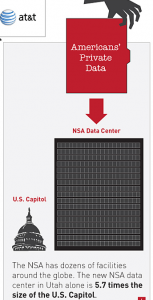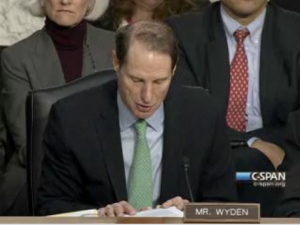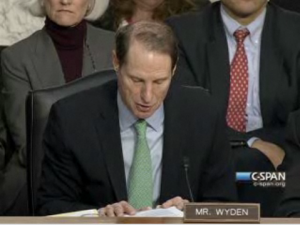Dianne Feinstein Assures Us Her Review of Targeted Killing Is Adequate
Senate Intelligence Committee Chair Dianne Feinstein just sent out a release assuring us all that her committee keeps close watch over counterterrorism programs, including targeted killing. In her statement, she asserted that “our counterterrorism efforts are lawful under the Constitution.”
The Attorney General presented the administration’s legal analysis for the use of force against terrorists, including Americans. I believe it is important for the public to understand the legal basis and to make clear that our counterterrorism efforts are lawful under the Constitution, U.S. law and the law of war.
We are made safer by strikes against terrorists who continue to lead and carry out attacks on the United States. There are legal limits to this authority and great care is taken to ensure it is exercised carefully and with the absolute minimum of collateral damage. The Senate Intelligence Committee is kept fully informed of counterterrorism operations and keeps close watch to make sure they are effective, responsible and in keeping with U.S. and international law. [my emphasis]
It’s all very nice for DiFi, a member of the Gang of Four, to tell us that her committee is keeping close watch on the assassination of American citizens.
She can say that, because she has actually seen the government’s legal memo authorizing the killing of Anwar al-Awlaki.
Except that as of 6:47PM on Monday, according to Ron Wyden’s Communication Director, the full Senate Intelligence Committee still had not seen the legal justification for the Awlaki killing. Nor had it answered simple questions, like how much evidence the government needs to meet the Executive Branch’s unilateral standards for due process. Or whether the government can kill you in the US.
For example, the government should explain exactly how much evidence the President needs in order to decide that a particular American is part of a terrorist group. It is also unclear to me whether individual Americans must be given the opportunity to surrender before lethal force is used against them. And I’m particularly concerned that the geographic boundaries of this authority have not been clearly laid out. Based on what I’ve heard so far, I can’t tell whether or not the Justice Department’s legal arguments would allow the President to order intelligence agencies to kill an American inside the United States.
If a member of the Senate Intelligence Committee doesn’t know the answers to those questions, DiFi is simply wrong when she claims her committee has had adequate oversight over the killing of an American citizen.
It’s all very nice that DiFi tells us this is constitutional. But right now there’s still been grossly inadequate oversight to test that claim. Hamdi required an impartial adjudicator. But at this point, I’m not convinced we’ve even fulfilled the requirements of the National Security Act.



